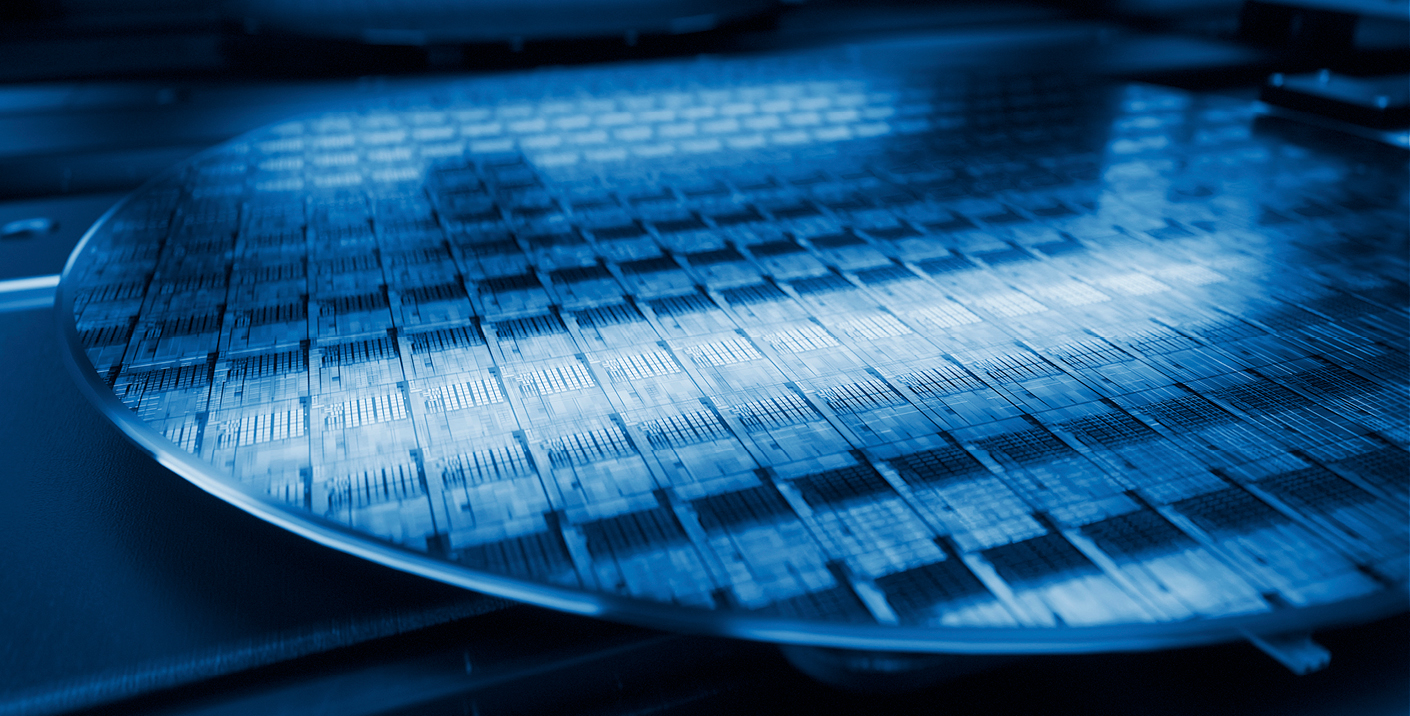
Machine Learning
The theme program provides an interdisciplinary platform to learn about and discuss a wide range of optics and photonics topics that machine learning impacts. The theme invited speakers spanning academia, industry and government institutions.
The theme focuses on two subtopics. One, how is machine learning being used to improve fabrication and manufacturing of optics or by optics, such as in laser manufacturing? The other subtopic examines solvers based on machine learning approaches. Through these talks, attendees will learn about the newest machine learning technologies applied to optics and photonics and compare them with conventional approaches.
